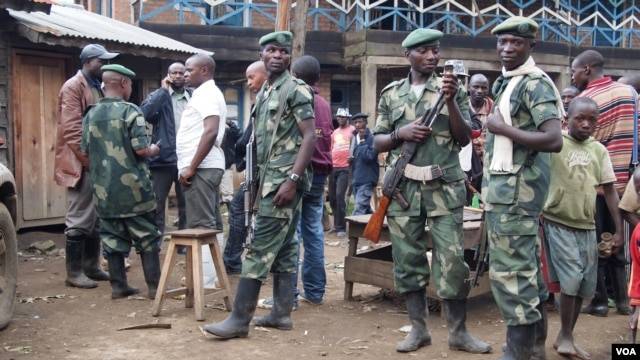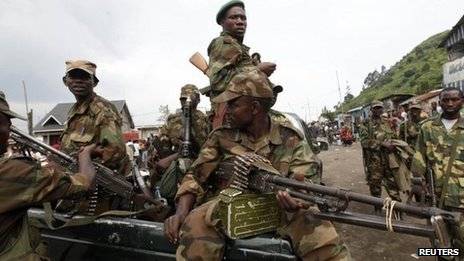emptystep
VIP Member
- Jul 17, 2012
- 3,654
- 221
- 83
I am working on a writeup summarizing a House Arms Services committee meeting held December 19th. I have some editing to do before I post it.
I saw this just now while looking up something else. I want to put this out there. Maybe some people can comment on it.
UN Plans Drones In Congo Peacekeeping Mission
One of the main issues, if not the main issue is the situation with the UN peacekeeping force in Eastern Congo.
One of the panel members was Ben Affleck of the Eastern Congo Initiative and yes, also the actor/producer/director. He told the story of when he was in the Congo shooting some video at the request of somewhere there. He was wearing his UN badge around his neck. People were really hostile towards him. He decided it was possibly unsafe to be there and so he took off his badge and was preparing to go. People saw him and asked where he was from. He said America. Suddenly everyone was happy to see him and very friendly. My point? The people of eastern Congo hate the UN. Giving them drones is a very bad idea. All four of the panel members agreed that the UN mission in eastern Congo has been a failure.
I will give a more elaborate description of the committee meeting as soon as I finish up.
I saw this just now while looking up something else. I want to put this out there. Maybe some people can comment on it.
UN Plans Drones In Congo Peacekeeping Mission
One of the main issues, if not the main issue is the situation with the UN peacekeeping force in Eastern Congo.
One of the panel members was Ben Affleck of the Eastern Congo Initiative and yes, also the actor/producer/director. He told the story of when he was in the Congo shooting some video at the request of somewhere there. He was wearing his UN badge around his neck. People were really hostile towards him. He decided it was possibly unsafe to be there and so he took off his badge and was preparing to go. People saw him and asked where he was from. He said America. Suddenly everyone was happy to see him and very friendly. My point? The people of eastern Congo hate the UN. Giving them drones is a very bad idea. All four of the panel members agreed that the UN mission in eastern Congo has been a failure.
I will give a more elaborate description of the committee meeting as soon as I finish up.





